Math
-
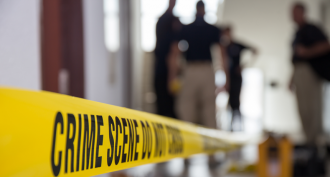 Science & Society
Science & SocietyWhat happens when you look at crime by the numbers
Statistics can find crime hot spots or flag which police officers are more likely to shoot at crime scenes. Unfortunately, some data risk misleading the police.
-
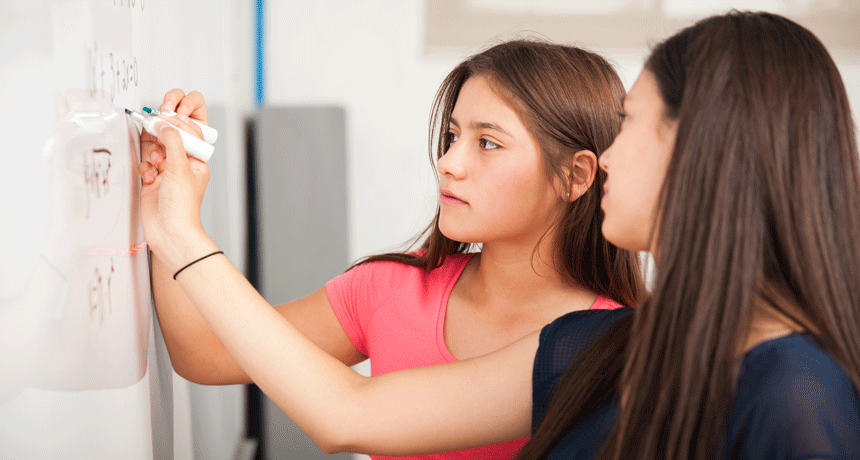 Health & Medicine
Health & MedicineMath attitude influences math achievement
Bad feelings about math beget bad grades, a new study shows. The good news? Positive feelings are associated with good grades, too.
-
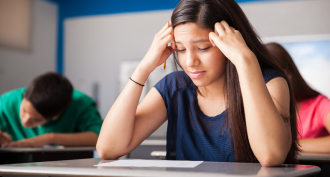 Science & Society
Science & SocietyDon’t let math stress you out
New research points to strategies for improving math performance in people who get stressed out by the numbers world.
By Evelyn Lamb -
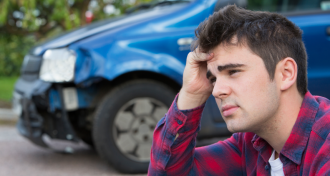 Math
MathCool Jobs: Motion by the numbers
What do car crash testers, video game creators and scientists who study athletic performance have in common? All use geometry in their cool jobs.
-
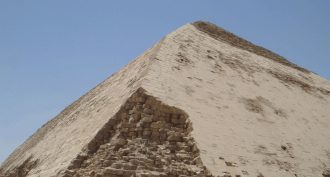 Math
MathExplainer: The basics of geometry
From points and lines to complex three-dimensional shapes, our world is made of shapes and spaces. The math used to understand most of these is known as geometry.
-
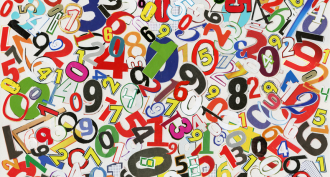 Computing
ComputingTwo numbers set a record — and not just for being book length
Twin primes are prime numbers that differ by just 2. The largest known twins have just been discovered — each 388,342 digits long!
By Evelyn Lamb -
 Brain
BrainOut-of-whack body clock causes more than sleepiness
When the body’s “clock” doesn’t match the cues its getting from outside, people can feel bad. Researchers are using math to explain this “circadian-time sickness.”
-
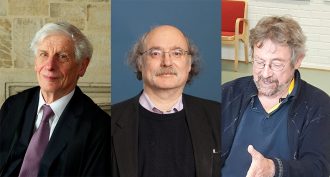 Physics
PhysicsMath predicts weird materials; leads to 2016 physics Nobel
The 2016 Nobel Prize in physics will go to three researchers that have made discoveries about exotic states of matter.
-
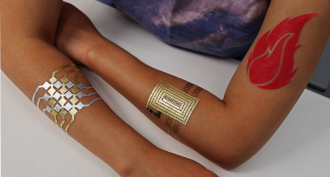 Computing
ComputingSelf-designed tattoos are fashionable technology
Researchers have created do-it-yourself temporary tattoos. They’re a fashion-forward way to control electronic devices.
-
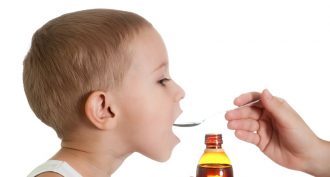 Health & Medicine
Health & MedicineDon’t use dinner-table spoons for liquid medicines!
Kids are safer when parents use precise tools to measure liquid medicines. Switching from teaspoons to metric tools could help, a new study finds.
-
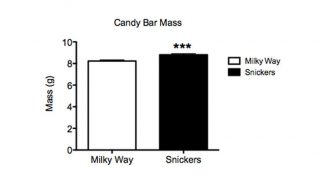 Math
MathScientists Say: Y-axis
The bars on a graph tell you nothing unless you know what they mean. The lines on the sides can let you know.
-
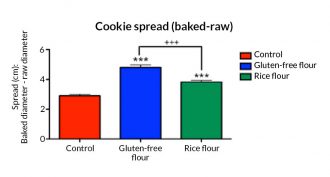 Math
MathScientists Say: X-axis
The bars on a graph tell you nothing unless you know what they mean. The lines on the sides can let you know.